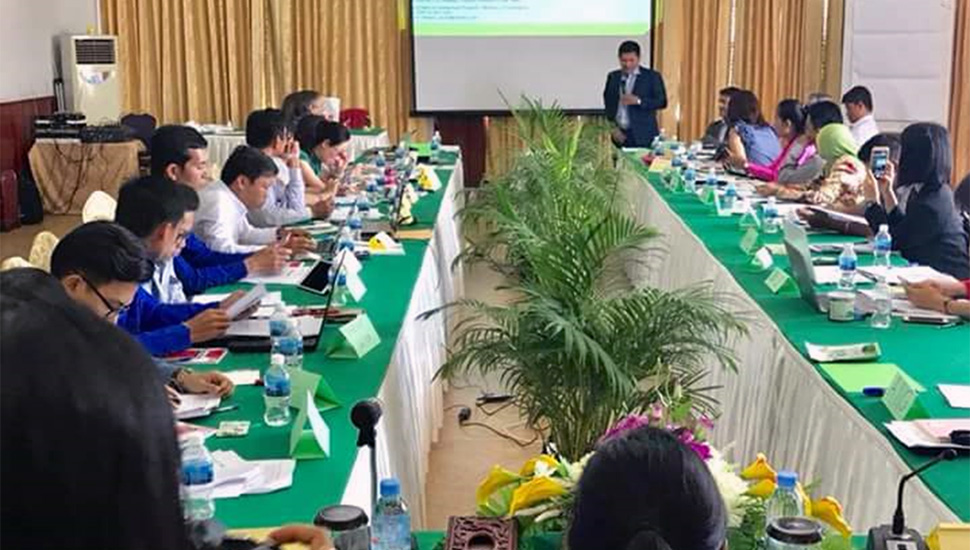ARISE+ IPR supports local development in SE Asia though geographical indications
Local producers and association, intellectual property (IP) and agriculture officials, and IP practitioners from 12 countries gathered in Kampot, Cambodia on 14-18 May 2018 for a training on geographical indications (GIs). GIs are signs used on local products known to originate from a specific geographical area or have qualities attributable to the place of origin of the product. Some examples of GIs from Southeast Asian countries are Kampot Pepper from Cambodia, Jasmine Rice from Thailand, coffee from Indonesia, and fish sauce from Viet Nam. Once products are registered as GIs, the value of the products increase and they become more merchandisable in export markets, resulting in livelihood for the communities where GIs originate.
The GI training of producers, government officials, and IP practitioners was hosted by CIRAD, the French Agricultural Research Centre for International Development, and REDD, a training and consultancy organisation based in Switzerland that supports sustainable agriculture through engagement with food producers and consumers. The activity was supported by ARISE+ IPR.
The training covered the development of GI regulations, development of legal and institutional framework at the national level, and GI protection at the international level, as well as options for producers to manage their GIs successfully.
A field visit to the Kampot Pepper Promotion Association (KPPA) and Kampot pepper farms of the association’s members gave the participants more practical insights into thesuccess factors in GI production, quality management techniques, and the benefits of GIs for producers, the community and the country.
GIs are increasingly being recognized as a useful tool in developing countries to promote local products, ensure their quality, and increase their market value. GIs play an important role in trade and rural development in the region, with over 260 registered GIs in Southeast Asia to date.

